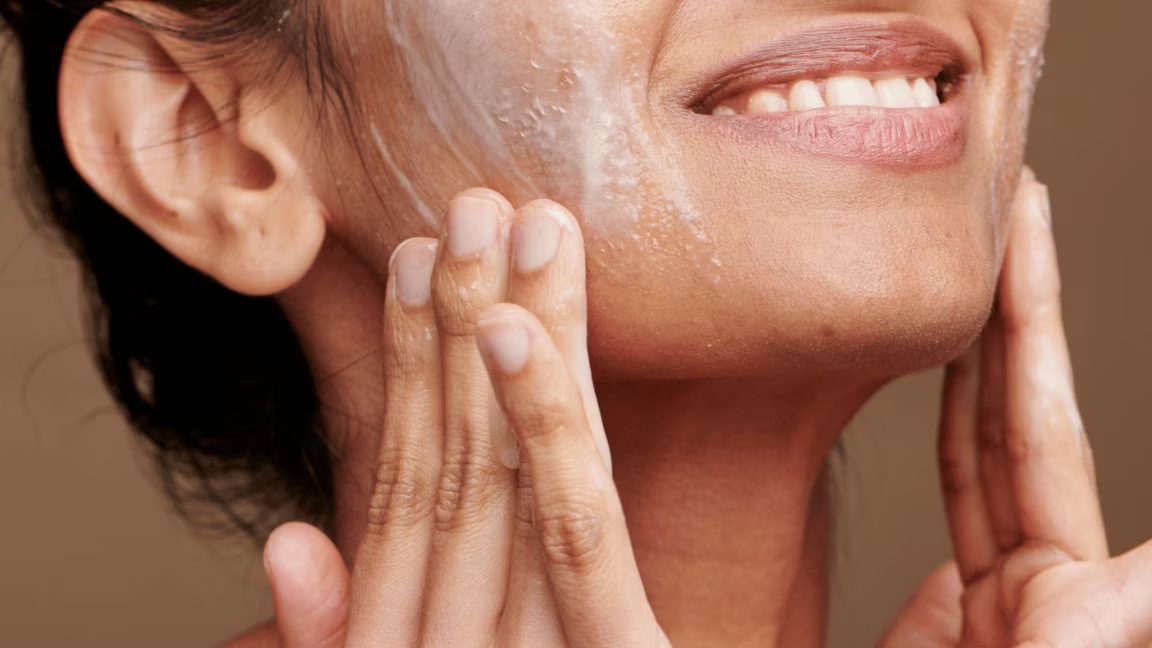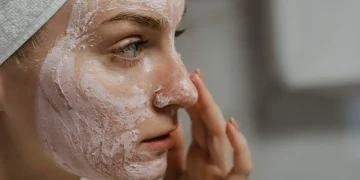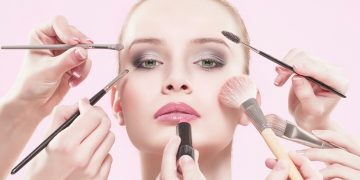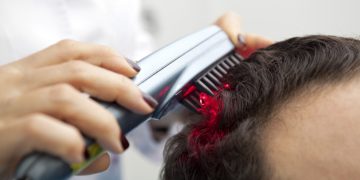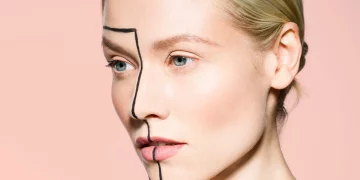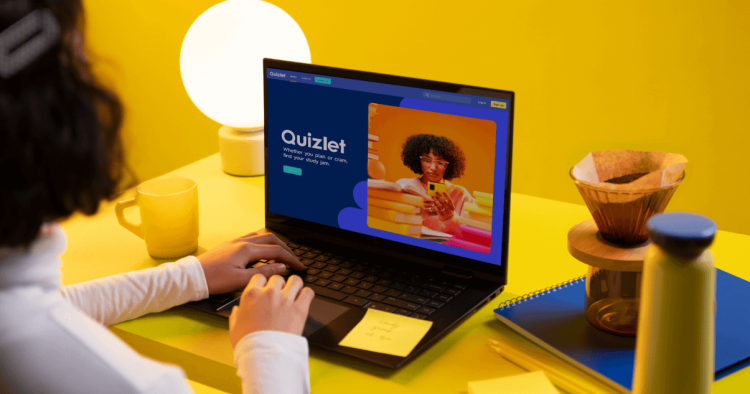The beauty industry is undergoing a dramatic transformation—and it’s not driven by new foundations, pigments, or lip formulas. Instead, the revolution comes from artificial intelligence. From smart mirrors that scan your pores in seconds to apps that recommend the exact shade match for your undertone, AI has become the silent beauty advisor shaping daily routines worldwide.
But is this shift simply a tech fad, or is AI truly redefining how we understand and enhance our appearance? This in-depth exploration uncovers how skin analysis algorithms, AR try-on features, and precision shade-matching technologies are building a more personalized, inclusive, and intuitive beauty experience.
1. Why Is AI the New Frontier in Beauty?
Technology is now deeply embedded in personal care, with AI enhancing customization, accuracy, and self-awareness. Historically, beauty relied on visual guesswork—trial, error, and countless mismatched purchases. Today, machine learning bridges the gap between skin’s biology and product selection, providing a level of precision humans alone could never achieve at scale.
Three Transformative AI Forces in Beauty
- Real-time skin diagnostics
- Virtual try-on powered by augmented reality
- Personalized beauty routines based on machine learning predictions
Together, they enable consumers to evaluate, test, and choose products with confidence, minimizing waste and maximizing results.
2. How Do Smart Mirrors Analyze Your Skin?
Smart mirrors have quickly become the centerpiece of AI-powered beauty. They look like ordinary mirrors—but within their reflective surface lies an ecosystem of advanced sensors, cameras, and analytics.
What Smart Mirrors Measure
Smart mirrors evaluate over 10–20 skin metrics, including:
- Pore size
- Wrinkles and fine lines
- Skin tone and pigmentation
- Redness and inflammation
- Moisture levels
- Dark circles and puffiness
- Acne bacteria presence (through UV-light imaging)
Using machine learning, these devices compare your data to millions of image samples, establishing patterns and predicting future skin changes.
How Smart Mirrors Work
- High-resolution imaging captures skin texture and micro-shadows.
- AI algorithms categorize micro-imperfections and score your skin condition.
- Predictive modeling recommends ideal skincare routines.
- Progress tracking shows weekly or monthly improvement curves.
This provides a dermatologist-like experience without stepping into a clinic.
3. Are Smart Mirrors Reliable?
While not as precise as medical-grade devices, smart mirrors have become remarkably accurate.
Strengths
- Consistency under controlled lighting
- Objective tracking free from human bias
- Quick and non-invasive diagnostics
Limitations
- Slight inaccuracies under extreme lighting
- Limited detection of deeper skin layers
- Variations across different manufacturers
Still, for daily self-monitoring and routine building, they offer unprecedented accessibility.
4. How Do AR Try-On Features Transform Makeup Shopping?
Virtual makeup try-on is one of AI’s most user-friendly innovations. These systems analyze facial landmarks—eyes, lips, brows, cheekbones—and map digital pigments with real-time movement.
What Makes AR Try-On So Advanced?
- Sub-millisecond facial tracking to prevent delays
- 3D mesh mapping that adapts to head turns and expressions
- True-color simulation that accurately reflects product finish
- Texture rendering to mimic gloss, matte, shimmer, or metallic effects
This allows consumers to test products without touching a makeup counter.
Benefits of AR Try-On
- Zero hygiene risk
- Instant comparisons between shades
- Inclusivity for underrepresented skin tones
- Better purchasing intentions and reduced returns
AR try-on bridges creativity and practicality—beauty without boundaries.

5. How Does AI Handle the Complex Problem of Shade-Matching?
One of the biggest pain points in makeup has always been choosing the correct foundation shade. Traditional undertones—warm, cool, neutral—don’t capture real-world diversity.
AI shade-matching solves this.
How AI Identifies Your Shade
- Analyzes undertone signatures
Captures minute color wavelengths invisible to the human eye. - Compares data across brand databases
Generates matches across hundreds of foundations. - Predicts oxidation
Determines how shades will change after exposure to air. - Adjusts for lighting conditions
Indoor, daylight, fluorescence—AI recalibrates shade predictions.
Why AI Shade-Matching Is More Inclusive
- Accounts for microtones
- Supports deeper and ultra-fair complexions
- Recognizes mixed undertones
- Recommends range-extending alternatives
In short, AI has democratized flawless complexion matching.
6. Personalized Routine Apps: Can AI Build the Perfect Beauty Regimen?
Yes—AI-powered apps combine user data, skin goals, and environmental factors to create routines that feel like a professional consultation.
What These Apps Track
- Skin type (via questionnaires + image analysis)
- Seasonal changes in hydration
- Hormonal fluctuations
- Lifestyle factors (stress, diet, sleep)
- Local weather and pollution index
How AI Builds Your Routine
- Data Intake → photos, daily logs, or quizzes
- Pattern Recognition → detects recurring issues
- Product Matching → customized lists sorted by concern
- Routine Optimization → morning vs. night variations
- Progress Feedback → improvement charts and milestone badges
AI transforms skincare into a guided, scientific journey rather than guesswork.
7. The Future: Will AI Guide Our Entire Beauty Lifestyle?
AI is on track to expand beyond routines and visuals.
Emerging Trends
- Smart vanities with humidity sensors
- AI that tracks makeup oxidation throughout the day
- Voice-controlled beauty assistants
- Hyper-personalized formulations created on demand
- AI-driven sustainability dashboards showing ingredient safety and consumption patterns
Future beauty will be hyper-personalized, data-driven, and eco-conscious.
8. Should We Be Concerned About Privacy?
As AI enters our personal space, data sensitivity becomes a major concern.
Risks
- Facial recognition misuse
- Third-party data sharing
- Lack of transparency in algorithm design
Solutions
- Opt-in systems only
- Clear data deletion options
- Local processing (no cloud storage)
- Ethical AI frameworks
Trust will be essential for widespread adoption.
Conclusion: Are Smart Mirrors and AI Apps the New Beauty Experts?
AI isn’t replacing artistic talent or the emotional joy of makeup—but it is elevating personalization to a level never seen before. From real-time skin analysis to virtual try-ons and exact shade matches, technology is making beauty more accurate, inclusive, and intuitive.
The question isn’t whether AI belongs in beauty.
It’s how far it will go—and how much more personalized beauty can become.
The future of makeup isn’t just colorful.
It’s intelligent.



